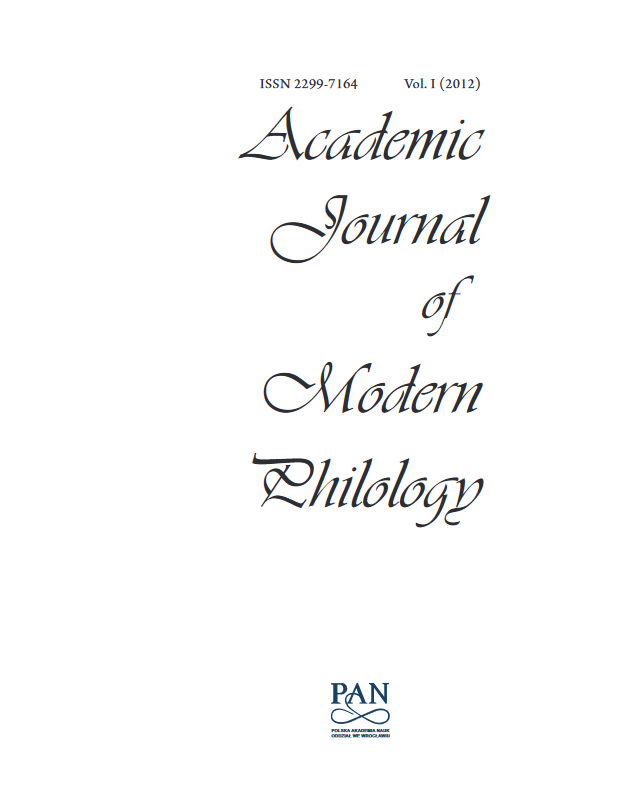Die polnische Wortbildungsterminologie im Vergleich mit der deutschen
Descriptive Model of German and Polish Derivatives Based on the Structure of Argumentative Predicate
Author(s): Janusz StopyraSubject(s): Language and Literature Studies, Theoretical Linguistics, Syntax, Descriptive linguistics
Published by: Komisja Nauk Filologicznych Oddziału Polskiej Akademii Nauk we Wrocławiu
Keywords: predicate-argument structure; derivative; compound; suffix; descriptive models
Summary/Abstract: The article discusses the model classifying German motivated words that takes its origin in the work of Fillmore entitled The Case for Case (1968) and is used by Hans Wellmann in his description of German word formation processes in 1984-1998 (Duden. Die Grammatik, Band 4). The model stands in agreement with the rule of assigning the semantic roles to individual parts of the sentence, which was formulated in German language by Wolfgang Motsch (2004). Renata Grzegorczykowa and Jadwiga Puzynina used the same rule in Polish word formation in their „Gramatyka współczesnego języka polskiego. Morfologia.” (1999). Each time, the model classifies the derivative words with reference to their semantic role and the motivating part of the explicatory paraphrase. Such derivatives may be, at the same time, classified according to their suffixes. In the case of compounds and case government structures that are motivated by the functioning in the particular language verbal phrase, the motivational aspect comes from the particular verbal phrase (used as an explicating paraphrase) – its motivational argument and reference argument. The latter one belongs to the verb case government present in the explicating phrase and is added to the compound on its left side. The model described in the article is also used in order to describe the Danish derivatives which appear as equivalents of German words in the literary translations.
Journal: Academic Journal of Modern Philology
- Issue Year: 2012
- Issue No: 1
- Page Range: 119-127
- Page Count: 9
- Language: German

